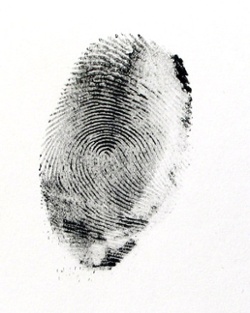New Jersey just passed a new law that will make it easier for certain people with criminal records to “expunge” their criminal histories. An expungement essentially wipes an arrest, conviction, and any related proceedings from an individual’s record: from a legal perspective, an expungement treats those events as if they had never occurred – subject to certain exceptions for the judiciary or law enforcement agencies when considering employment applications or subsequent criminal charges. While an expungement is not available to people convicted of more serious offenses or persistent violators, the new expungement process provides an avenue of relief to many people who want to put a mistake of the past behind them.
The new law signed by Governor Christie on January 19, 2016, implements a variety of changes to the expungement process:
Shorter waiting periods:
An individual convicted of a crime or disorderly persons offense in New Jersey must wait for a period of time after a judgment of conviction before becoming eligible to apply for an expungement. These waiting periods vary depending on the severity of the offense in question – for criminal offenses, the period was 10 years; for less serious disorderly persons offenses, a person would have to wait 5 years.
Under the new law, a criminal offender may petition the Court for expungement after 5 years have elapsed from the date of conviction, payment of fine, completion of probation or parole, or release from incarceration, whichever is later. Similarly, the time period for those with records of disorderly persons offenses now only must wait 3 years. To permit expungement at the newly-reduced waiting period, the Court must be satisfied that “expungement is in the public interest, giving due consideration to the nature of the offense, and the applicant’s character and conduct since conviction.”
Drug Court Graduates:
The new law also affords the benefit of expungement as a matter of course to those who have successfully completed a term of special probation in New Jersey’s Drug Court program.
Arrest Records:
Even if somebody is charged with a crime, but never convicted, records of arrest or criminal complaints may still exist and be found during a background check or public records search. The new law additionally streamlines the process for ensuring that such records are expunged after charges are dismissed.
As a whole, this law is good news for those who have led a law-abiding life since their prior involvement in New Jersey’s criminal justice system. The law becomes effective within 90 days. Individuals interested in pursuing an expungement should reach out to an attorney for guidance and to take advantage of this new law.














